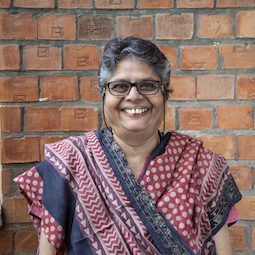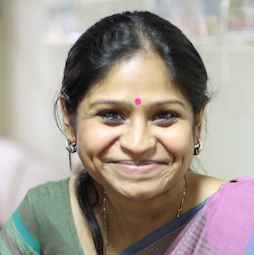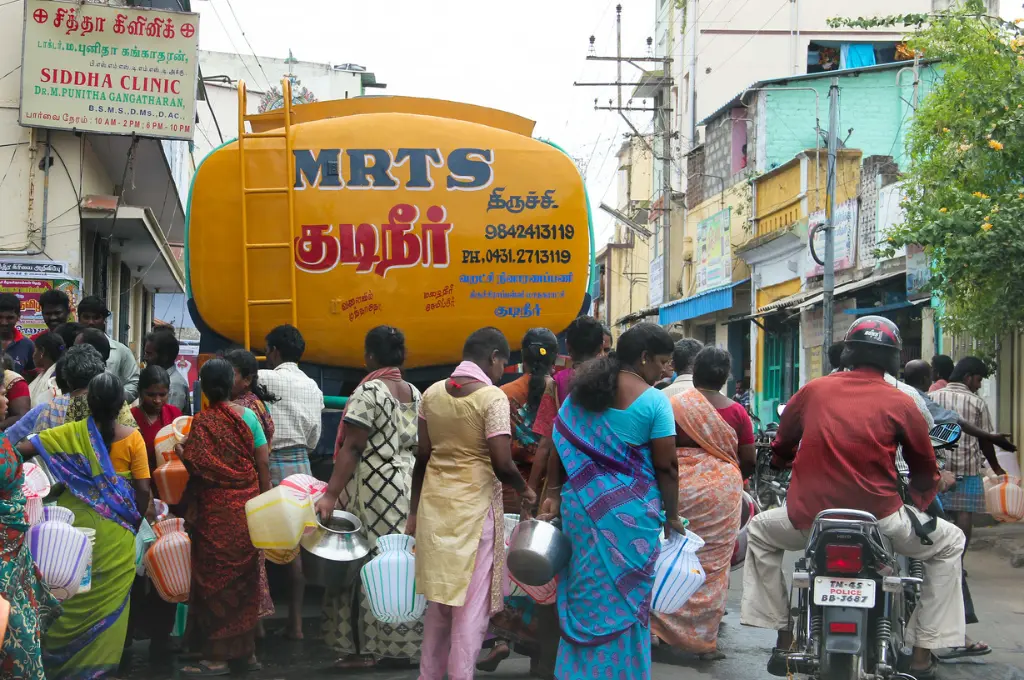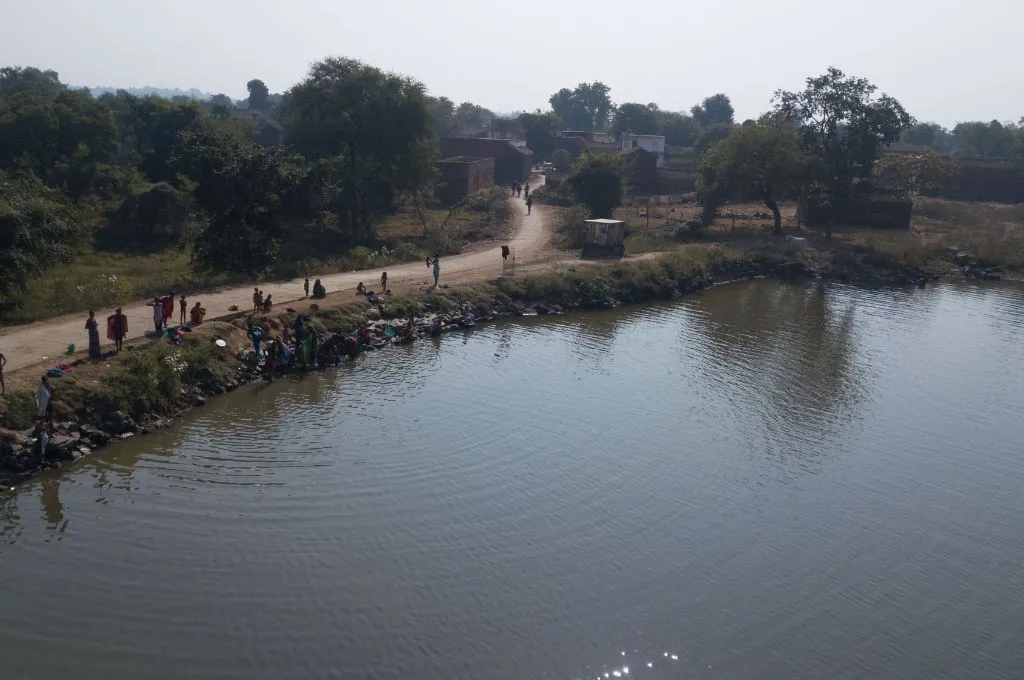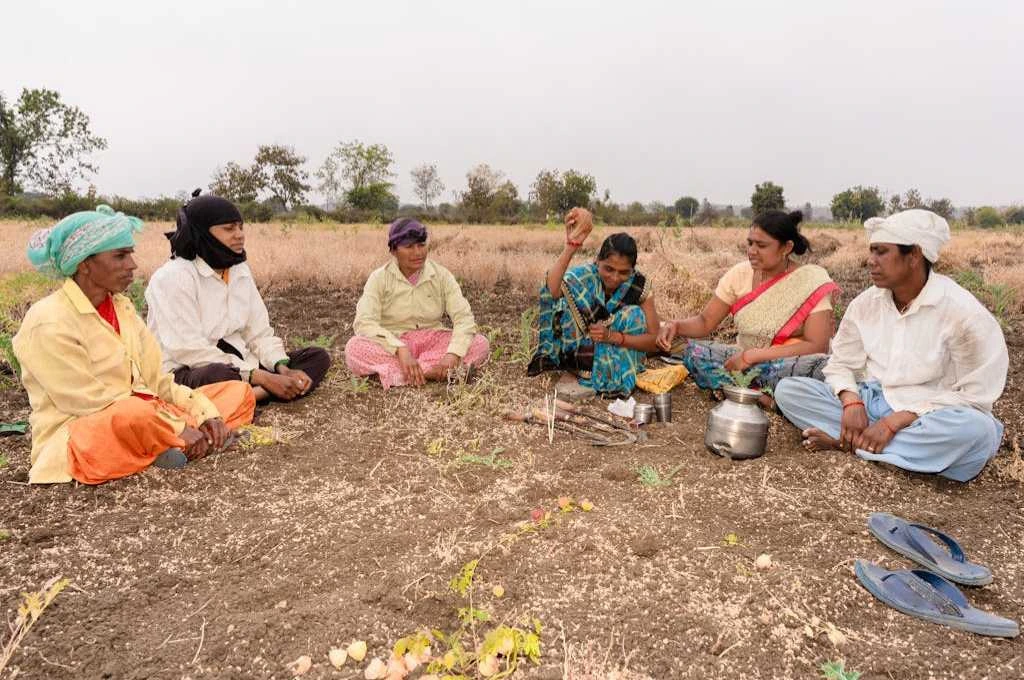The Swachh Bharat Mission (SBM) launched on October 2, 2014 aims to end open defecation in India by October 2019. The SBM aims to construct 11 crore toilets in 5 years, to be able to achieve its goal.
Some have argued that the SBM policy framework is merely a continuation of the shortcomings of the NBA, and that ending open defecation by constructing toilets cannot fully realise the fundamental right to sanitation. Our field visits across different districts showed that households despite having toilets built, were not being used. A 2015 CAG report on the NBA echoed this in their five year audit of the programme, stating that “more than 30% of Individual Household Latrines (IHHLs) were defunct/non-functional for reasons like poor quality of construction, incomplete structure, non-maintenance, etc.”
It is in this context that Public Affairs Centre (PAC), engaged in a research-to-action project to assess and advocate for community-led participation in the SBM-G (G-Gramin) in two diametrically opposite administrative spectrums in terms of implementation: the states of Odisha and Tamil Nadu. According to government data, the former was a worse-performing state and the latter a better-performing one; we focused on six districts in each state.

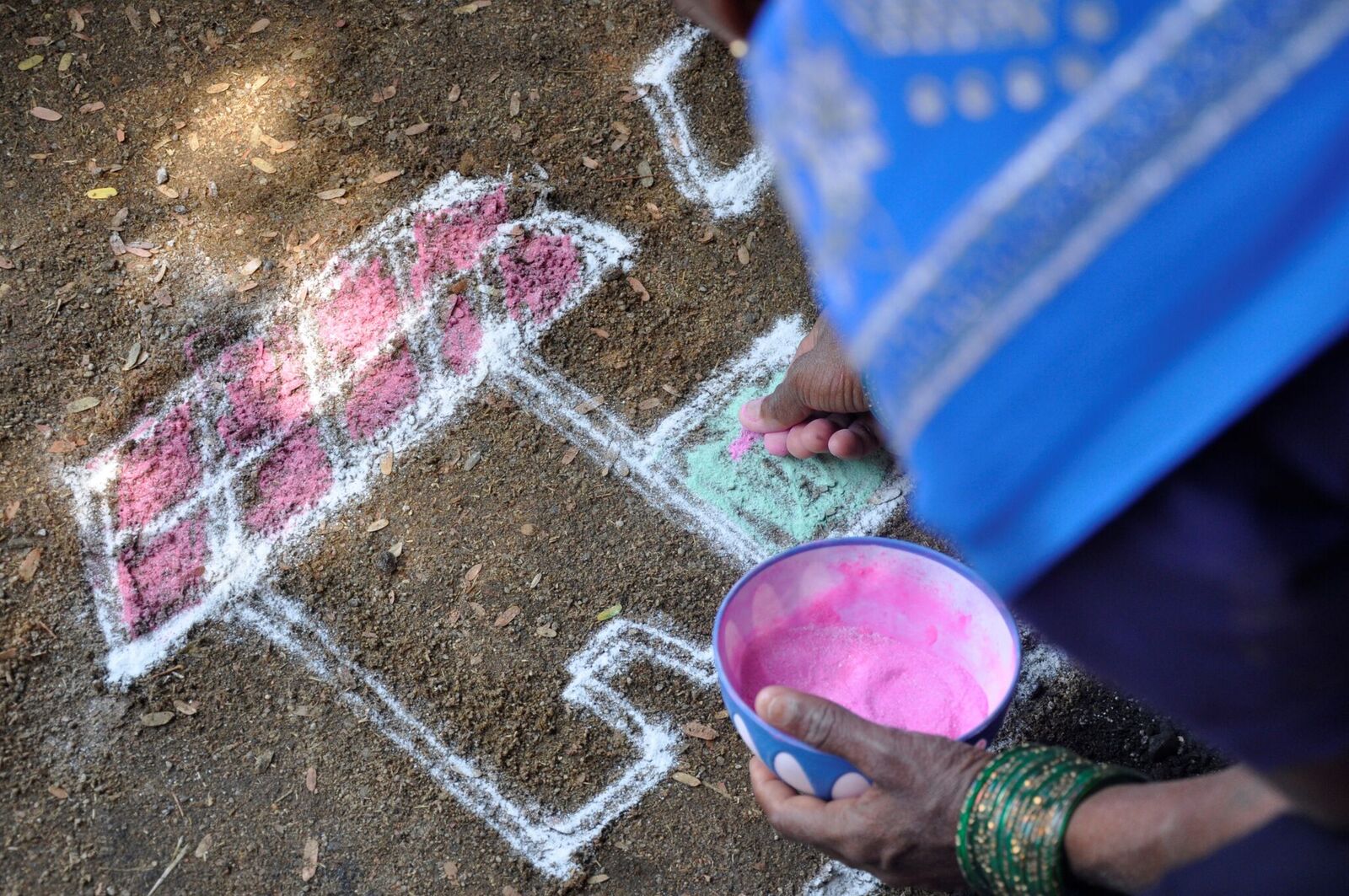
Photo Courtesy: Varsha Pillai
Our Approach
With the help of Social Accountability Tools (SATs) we got a more nuanced understanding of what beneficiaries experienced during the earlier rural sanitation programmes. The first Citizen Report Card exercise carried out in 2014 highlighted the following critical shortcomings:
- Non-consultation with end-users (resulting in lack of ‘ownership’)
- Faulty construction of the toilets
- Lack of awareness on the health risks of open defecation
Specifically, we used –
Citizen Report Cards (CRCs), a simple yet powerful tool to provide public agencies with systematic feedback from users of public services. By collecting feedback on the quality and adequacy of public services from actual users, CRCs provide a rigorous basis and a proactive agenda for communities, civil society organisations and/or local governments to engage in a dialogue with service providers to improve the delivery of public services. We used CRCs to collect user and provider feedback at the beginning of the project as well as after two years of the SBM-G programme being launched. We carried out CRC+ exercises to understand any discrepancies in internal fund flows and functional responsibilities within the system.
We also used Community Score Cards (CSCs), which like CRCs, are an instrument to exact social and public accountability and responsiveness from service providers. The CSC process includes an interface meeting between service providers and the community, so that there is a dialogue as well as immediate joint action.
During the course of our work PAC used the meetings specific to the Community Score Card (CSC) exercises–sharing of entitlements, scoring by communities of users–to discuss perceptions on toilet usage and challenges connected with toilet construction to voice their feedback directly to the government officials. The CSC exercises created a platform for the communities and providers to work out Joint Action Plans (JAPs) to immediately improve efficiency in toilet construction with household buy-in.

Our partners in Tamil Nadu were at two levels–Community Based Organisations (CBOs, such as SCOPE and Annai Trust) working in sanitation in each of the selected districts, and the foot-soldiers, particularly the women volunteers who were empowered to understand the process of toilet construction and understand lapses if any. Our lessons from both Tamil Nadu and Orissa underlined the importance of an extremely contextual, localised approach when operationalising the SBM-G, in order to enable meaningful universal sanitation coverage. Our belief is simple–community empowerment leads to change which then leads to informed demands.
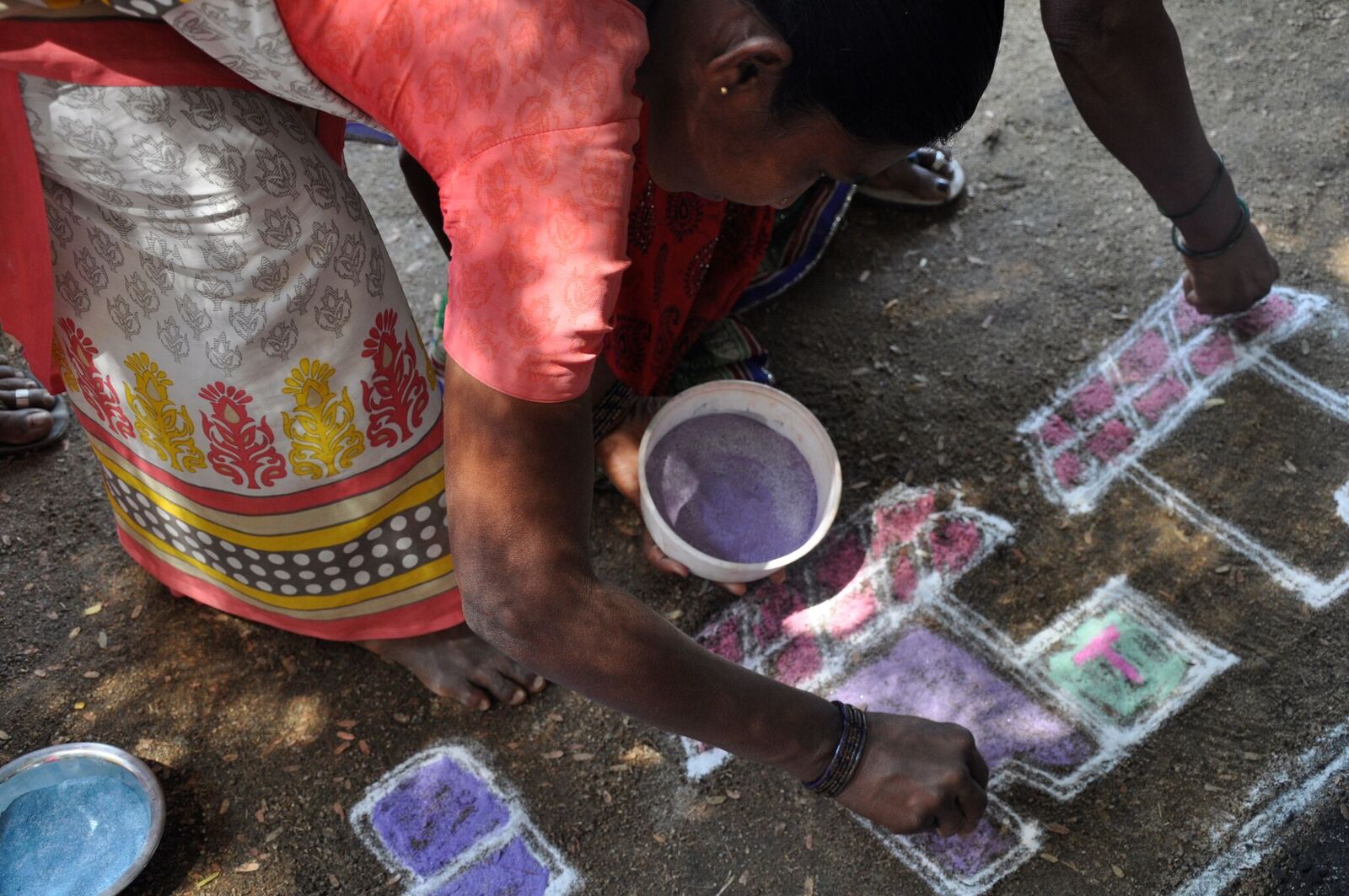
Photo Courtesy: Varsha Pillai
What we learned
Across the six districts in which we worked in Tamil Nadu, we found that while there was considerable awareness on the construction of the toilets, people were not aware of the subsidies allotted under the SBM-G scheme, as well as how to maintain the toilets. Communities wanted ground-level motivators in each of the GPs to be the agents of change, and wanted them to be knowledge-empowered, to be able to help potential SBM-G beneficiaries access the subsidies under the SBM. Therefore, we trained members from the Village Poverty Reduction Committees/Panchayat Level Federation/Self Help Groups to become Sanitation Ambassadors or Motivators (as we call them). These were predominantly women, who participated in a two-day training programme–on understanding how a toilet should be constructed, what it should look like, how to avail of subsidies, how to build awareness on the importance of a toilet–that was carried out in each of the 18 Gram Panchayats in the six selected districts.
Anecdotal evidence pointed to women using toilets more than men. Sanitation Ambassadors thus carried out door-to-door campaigns to create awareness on the importance of a toilet for all members of the family. Over time, men began using toilets for defecation as well. In Odisha, PAC learnt that unlike in TN, communities were unaware of the technical elements of toilets and were often not included in the construction of toilets. This lack of involvement often resulted in toilets not being used and then relegated as storage spaces.
The state also does not currently have a cadre of Ambassadors to carry out awareness building and capacity building activities. Therefore, our efforts here were markedly different from those in Tamil Nadu. We emphasised on providing information directly to the communities using various types of focused Information Education Communication (IEC) related exercises. We shared information with communities on relatively simple tasks, such as what forms they would need to fill to avail of the subsidies, how to fill those forms, the technical aspects of building a toilet, and so on. This was done through wall paintings in public spaces through an interactive demo exercise followed by a ‘consumption evaluation’ to understand their level of internalisation of the messages in the wall paintings.
Engaging with the communities of users, apart from creating awareness can go a long way in sustaining community ownership post programmes like Swachh Bharat Mission. Given the vast diversity that exists in a country like India, cognizance of ground realities, followed by community engagement and advocacy can be an integral step leading to successful development programmes.
This article was revised on June 13, 2018 to address certain factual inaccuracies in the earlier version.

